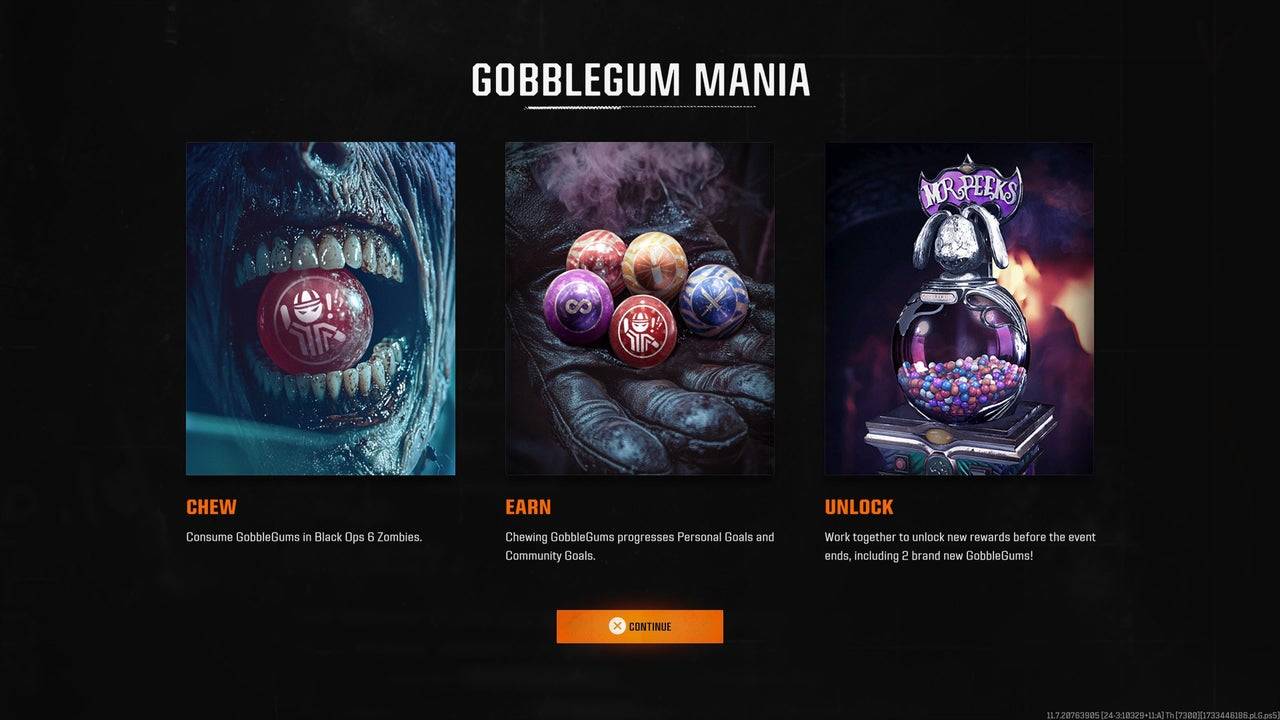Rockstar Games unveiled the second trailer for Grand Theft Auto VI, captured entirely on a PlayStation 5, fueling excitement and debate among fans. Dive into the details of the trailer's presentation
Author: LaylaReading:1
Activision, the developer behind Call of Duty, has officially acknowledged the use of generative AI in the creation of Black Ops 6, following months of speculation and criticism from fans. The controversy erupted in December after the Season 1 Reloaded update, when players spotted what they believed to be AI-generated elements in the game's loading screens, calling cards, and Zombies community event art.
The focal point of the backlash was a loading screen featuring 'Necroclaus,' a Zombie Santa character. Some fans pointed out that the image depicted the undead Santa with six fingers, a common error in AI-generated images, particularly with hands. Another image showcased a gloved hand with an unusual number of fingers, further fueling the debate over AI use in the game's art.


The scrutiny extended to other images within Black Ops 6, with some community members, like Redditor Shaun_LaDee, identifying irregularities in paid bundles that suggested the use of generative AI. This led to calls for transparency from Activision regarding the use of AI in art sold to players.
Amid the 6 fingered Santa Controversy, I looked into some loading screens included in PAID bundles…
byu/Shaun_LaDee inCODZombies
In response to new AI disclosure rules on Steam, Activision has added a general statement to Black Ops 6's page, stating, "Our team uses generative AI tools to help develop some in-game assets." This disclosure comes after reports from Wired that Activision had sold an AI-generated cosmetic in Call of Duty: Modern Warfare 3, specifically the Yokai’s Wrath bundle, without disclosing the use of AI. This bundle, priced at 1,500 COD Points (approximately $15), was part of Activision's lucrative in-game purchases.
The use of AI in game development has been a contentious issue, especially following Microsoft's acquisition of Activision Blizzard and subsequent layoffs, including 1,900 staff from its gaming business. Reports suggest that 2D artists were among those affected, with remaining artists pressured to use AI tools. An anonymous Activision artist told Wired that concept artists were "forced to use AI to aid in their work" and that employees were "made" to sign up for AI training.
The broader video game and entertainment industries have faced significant layoffs, and the use of generative AI has sparked debates over ethics, rights, and the quality of AI-generated content. An example is Keywords Studios' failed attempt to create an entirely AI-generated game, which they admitted to investors was "unable to replace talent."
 LATEST ARTICLES
LATEST ARTICLES